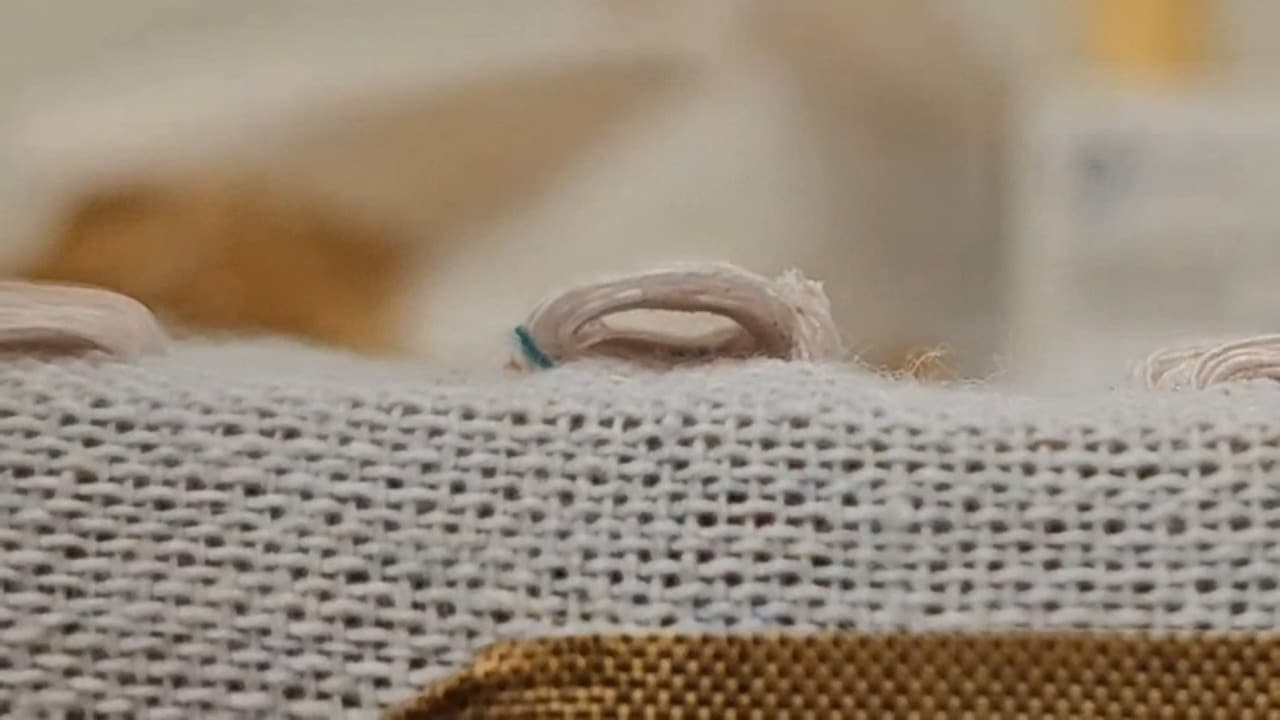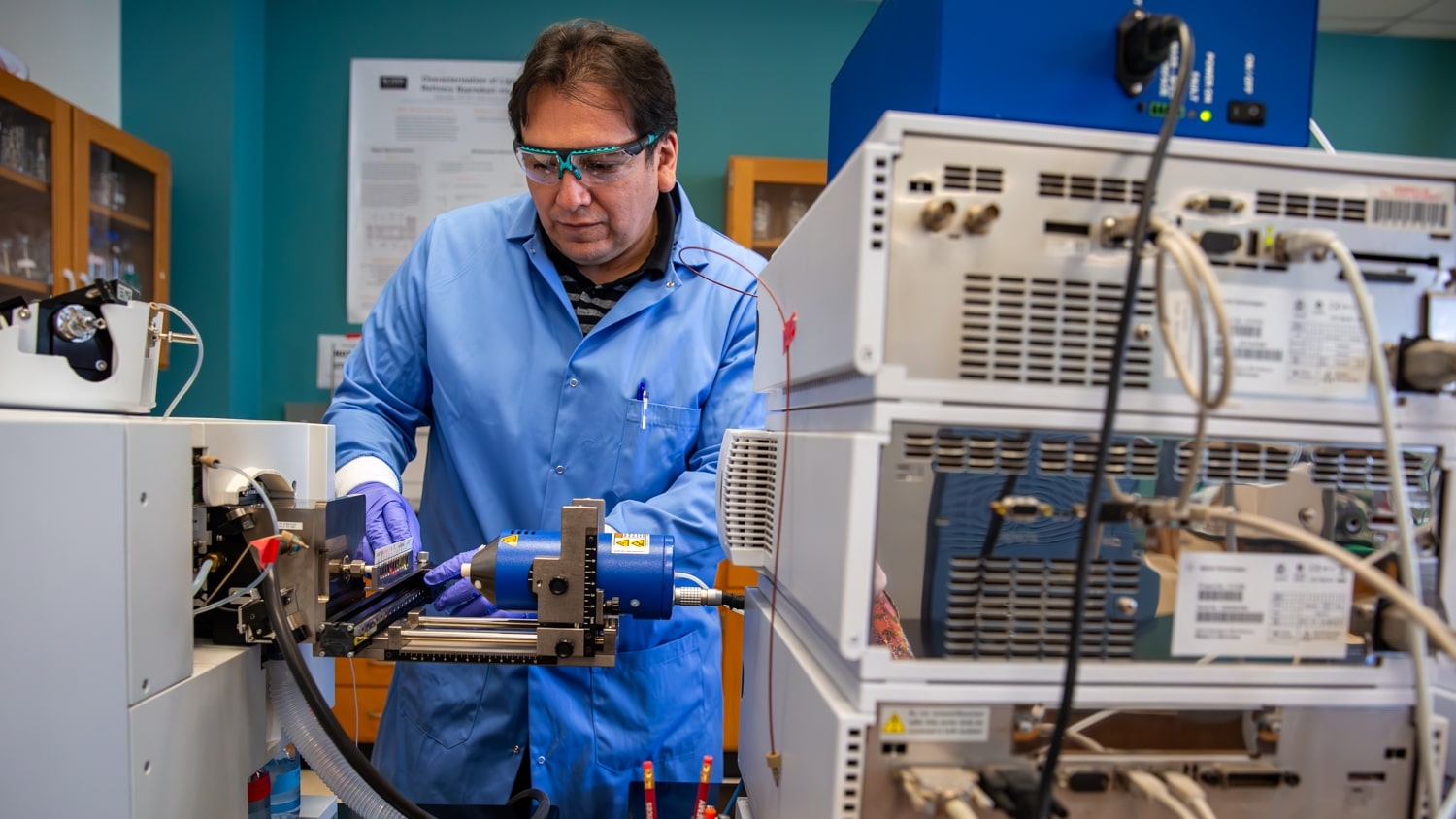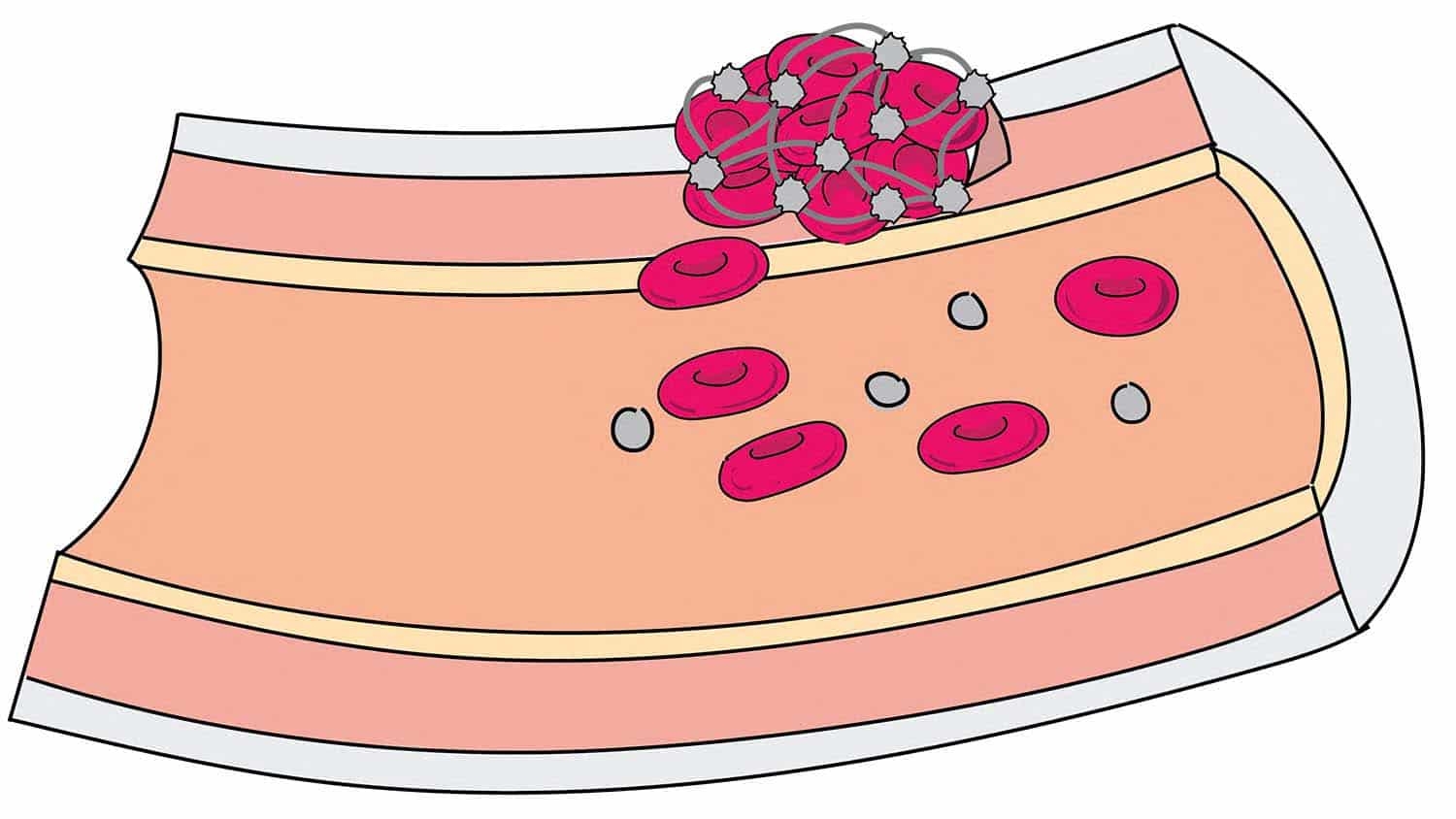NC State engineering student named Collegiate Inventors Competition finalist
Alexander Richter, a chemical engineering PhD candidate at North Carolina State University, has been selected as one of seven graduate finalists in the 2013 Collegiate Inventors Competition. Richter, who is advised by Dr. Orlin Velev, INVISTA Professor of Chemical and Biomolecular Engineering, was nominated for his project, “Silver Nanoparticles Without Metal – A New Generation of Environmentally Benign Antimicrobials.”
Since 1990, the Collegiate Inventors Competition has showcased the most advanced student research in science, technology, engineering and mathematics (STEM) and creative invention. The competition recognizes student inventors whose research and inventions will change our future.
Richter’s project focuses on functionalizing biopolymer nanoparticles with silver, which can be used to kill drug-resistant bacteria, fungi and viruses. He will then utilize the nanoparticles as antimicrobials.
To create the nanoparticle, Richter removed the silver core from a silver nanoparticle and replaced it with lignin, which is a complex organic polymer and a major component in the cell walls of plants. The replacement of the silver core allows the nanoparticle to have the desired functionality of a silver nanoparticle while minimizing waste post-utilization — the environmentally friendly lignin-based particles will degrade over time.
Richter has founded BENANOVA, Inc., a startup company that’s developing applications for the functionalized environmentally benign particles. Potential products include fungal treatments, such as foot spray, and uses for crop protection, such as protection against plant disease and more sustainable crop protection products.
Richter, who says that multiple Fortune 500 companies are showing interest in BENANOVA’s technologies, wants to create an environmentally friendly antimicrobial/antifungal product at a lower cost. It is estimated that production of environmentally benign nanoparticles could cost a fraction of production of silver nanoparticles, in part, because the system only uses one-tenth of the silver used by silver nanoparticles.
The Collegiate Inventors Competition traditionally announces the competition winner approximately two months after naming finalists. The first-prize winner will receive a cash award of $15,000; the advisor will receive $5,000.
“I feel honored that the potential of our technology has been recognized by the Collegiate Inventors Competition,” Richter said. “Being named a finalist allows us an opportunity to give back to the people who provided us with support and believed in our team and startup operation.”
Richter earned his bachelor’s degree in environmental and biotechnology engineering with an emphasis in environmental engineering from MCI University in Austria in 2009. He received his master’s degree in chemical engineering from NC State in 2012.


